
Multiple cities across China released real estate regulation policies in April. Areas surrounding hot first-tier and second-tier cities, and hot third-tier and fourth-tier cities tread on the heels of upgraded regulation in hot first-tier and second-tier cities. As of end April, 50-odd prefecture-level cities and nearly 30 county-level cities have rolled out regulation policies targeting real estate industry. Against such backdrop, a month-on-month drop is widely seen in the trading volume and trading price of second-hand houses in first-tier and second-tier cities.
According to statistics made by bacic5i5j.com, a leading real estate intermediary service company in China, 16,902 second-hand houses in Beijing were put on records online in April, a drop of 25,952 houses, or 35 percent, from that of March and a drop of 36 percent from a year earlier. As to trading price, average trading price of second-hand houses in Beijing registered 59,564 yuan/m2 in April, representing a decline of 6.8 percent from that of March.
In fact, the number of houses being put on records online in Beijing started to decline after new housing policies released on Sept. 30, 2016. The decline continued for five consecutive months. Though the figure once surged in March this year, it declined again in April.
Hu Jinghui, vice-president of bacic5i5j.com, remarked that besides declining trading volume and the number of houses being put on records online, there are more house sellers now while the number of clients consulting house purchasing and intending to buy second-hand houses sharply decreases.
In addition to Beijing where the existing-home sales has slowed, the average transaction price of existing homes in Shanghai also declined 0.47 percent in April from a month earlier to 51,902 yuan/m2, nearly down 1,500 yuan/m2 from the highest transaction price of 53,228 yuan/m2 in February 2017.
Yang Hongxu, vice president of E-House China R&D Institute, pointed out that the average transaction prices of existing homes in the four first-tier cities began to consolidate and edged down in April. “The one with the least fall is Shenzhen. It has been fluctuating for one year. Then following behind is Shanghai. The prices edged down in March and April. Housing prices in Beijing suddenly declined in April, which is directly related to a new policy announced on March 17. The market in Guangzhou remains strong. Yet it also enters a consolidation period in April after regulatory policy was introduced in March.”
Yang said that as some cities began to strictly control the prices of new houses, the prices of some new houses are lower than their actual prices, even lower than the prices of existing houses. It is therefore pointless to take new house prices in these cities as reference. Meanwhile, the hot sale of some new houses does not mean that the entire house market is hot. By comparison, Yang believed that the existing-home market can better represent the overall house market.
Besides these first-tier cities, the existing-home market in some second-tier cities has also slowed or showed signs of consolidation in April. Transactions in the existing-home market in Hangzhou fell remarkably in April. Both the number of existing houses listed for sales and clients have decreased noticeably. Its turnover fell over 40 percent compared with March. Data statistics from an industry institute shows that 4,905 existing houses were sold in the main urban areas of Hangzhou in April, down 43.77 percent from the 8,723 houses in March, down 25.52 percent from the 6,586 houses in the same period last year.
Translated by Jennifer Lu and Coral Zhong
















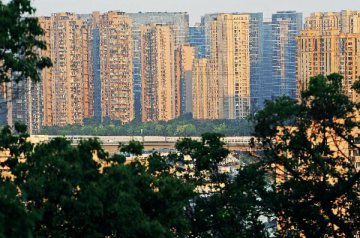
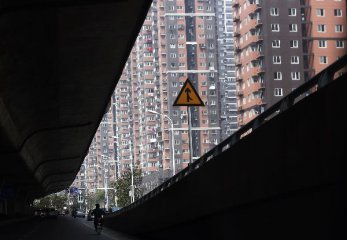
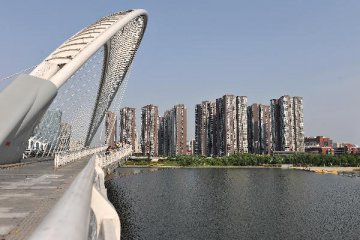
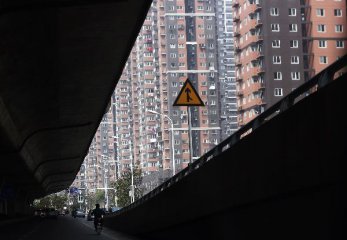
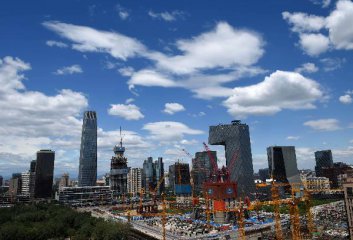



Latest comments